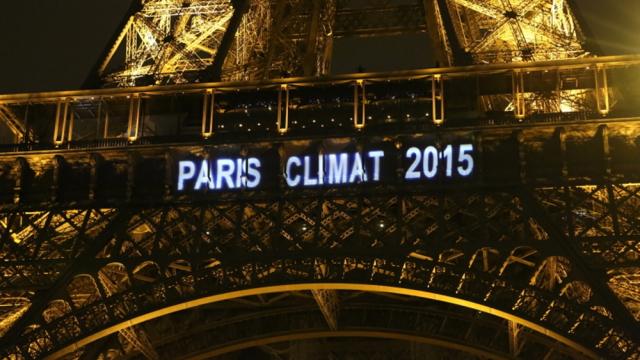
A new report from the global research project EJOLT includes essays from climate justice activists and academics on how they aim to hack, resist, and confront inaction at the upcoming UN climate conference (COP21) in Paris in December. The report is a mix of analysis of the false solutions currently on offer, and proposals for building alternatives based on climate justice. It also aims to provide background and guidance on how to take action in the run-up to the meeting, regardless of whether or not you will be on the streets of Paris.
Political economist Patrick Bond kicks off the compilation with a brilliant piece on connecting the dots between different struggles, linking sites of resistance across Blockadia, and scaling up solutions — and how all of this is playing out in South Africa’s environmental justice movement.
Climate change is accelerating far more quickly than expected, but politicians continue to ignore their popular mandates to confront the fossil fuel industry and the root causes of the crisis. As co-editor Tamra Gilbertson says, “Government and corporate-led strategies on climate change focused on the benefits to big business over the last 21 years resulting in devastating market-led mechanisms that do nothing to address root socio-economic and environmental problems. These ineffective and dangerous policies have to stop now!”
The EJOLT report demonstrates how the decentralized global climate justice movement is opposing fracking, new pipelines, offshore oil drilling, and dirty coal, racking up victories and gaining strength in the process. According to co-editor Leah Temper, “The ongoing resistance of those living alongside exploitative projects — from forest-grabbers to pipelines — are the most powerful force for keeping fossil fuels under the ground and the main hope in the struggle against climate change. This report shares their stories.”
It is accompanied by “Corridors of Resistance,” an EJOLT-produced video shot at the Unis´tot´en camp in North-Western British Columbia. It shows how the camp is succeeding in stopping up to seven oil and gas pipelines, holding up billions in investment and keeping millions of barrels and cubic meters-worth of fossil fuels in the ground.
EJOLT (Environmental Justice Organizations, Liabilities and Trade) is an EU-funded project, coordinated at the Institute of Environmental Science and Technology (ICTA) at the Universitat Autònoma de Barcelona (UAB), which brings together 23 research and activist organizations around the world to support the work of environmental justice.
The collection of essays in the report, which you can read individually, aims to open space for climate debates ahead of and beyond the Paris conference; give voice to the global fossil fuel resistance; share vital research on extractive projects and their impacts; and illustrate how the UN’s lack of leadership is exacerbating global warming. In the face of political paralysis, bold and creative responses to the climate and inequality crises and being built from the ground up.
3 WAYS TO SHOW YOUR SUPPORT
- Log in to post comments











